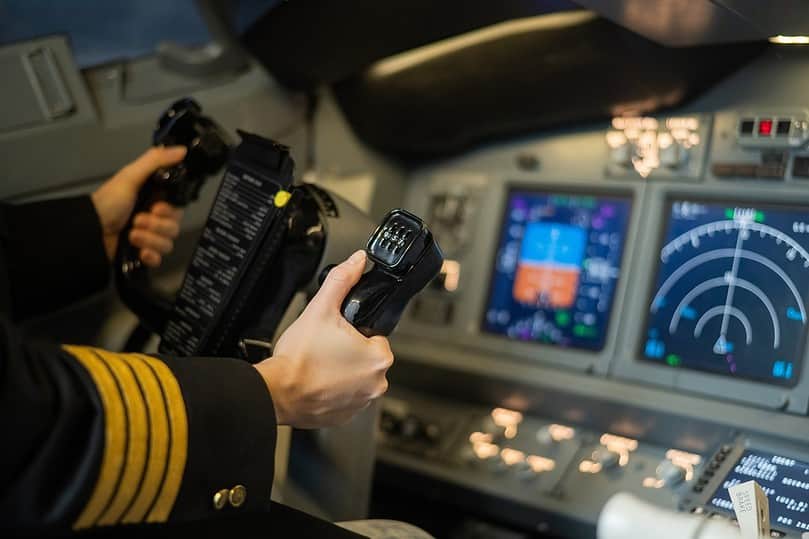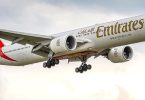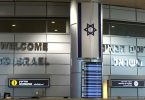The friendly skies could become more friendly soon, but without the flight attendants and pilots giving it a soon no longer necessary human touch?
Is this a new reality in development or simply impossible?
The market for artificial intelligence (AI) will hit $1,811.8 billion by 2030, which shows that AI is becoming more and more popular. At the same time, Boeing says that the aviation business has been facing a talent shortage.
By 2041, the world will need 602,000 new pilots and 899,000 new cabin crew members. Can the growth of AI solve the most important problem in aviation?
“AI could help with the aviation industry’s talent shortage, but it’s not likely to replace human flight crews anytime soon,” says Jainita Hogervorst, Director of a Dubai-based Aviation Consultancy firm. “Autonomous aircraft might be possible in the far future, but the aviation community is still hesitant to give full control to AI because of safety risks and the fact that flying is hard.”
The Role of Automation in the Cockpit
Human mistake is the main cause of both commercial airline crashes and general aircraft accidents, according to the Federal Aviation Administration (FAA). Between 60 and 80% of aviation accidents are caused by some kind of human error. Getting people to do less work could help reduce the number of accidents that could happen.
Automation can be helpful because it can free pilots from boring or repetitive tasks so they can focus on making important decisions. However, this change also changes the pilot’s job from active operation to monitoring, which is something that humans might have trouble doing for long periods of time.
One of the biggest worries about technology on the flight deck is that it could make it harder to know what’s going on.
Human pilots have a natural understanding of their surroundings, which lets them act quickly in unplanned situations. Even though AI systems are very powerful, they may not have the same level of instinctual understanding.
As AI and technology become more important, there is a chance that pilots will forget how to fly manually.
This reliance on technology could make people too confident in it, which could lead to laziness or a delay in human action when the system runs into problems that no one sees coming.
AI systems can sometimes act in unexpected ways, making it hard for flight teams to predict or fully understand what the machine will do. It can be hard to keep a close eye on an AI and understand how it makes decisions, which makes people worry about how reliable it will be in dangerous scenarios.
AI and Cabin Crew: No Replacement for Automation
AI isn’t likely to completely replace flight attendants, but it could improve their jobs.
AI can take care of boring jobs like answering common passenger questions, helping with flight information, making booking changes, and tracking bags.
This lets the cabin crew focus on their most important jobs, like making sure passengers are safe, handling emergencies, and giving personalized service to customers.
The EASA’s AI Roadmap is a step-by-step plan for integrating AI.
The European Union Flight Safety Agency (EASA) put out an AI Roadmap in 2020 to help with the problems of putting AI into flight operations.
The roadmap shows a step-by-step way to deploy AI, starting with AI/ML applications that help and support the crew in jobs like planning and running a flight.
In the second step, people and machines will work together better, but people will still be in charge. In the most advanced stage, the machine works on its own, but a person is still in charge.
The last stage is planned to be fully autonomous, but people will still be involved in the design and monitoring phases.
AI is becoming more popular in the aviation business, which could help fill the talent gap.
AI could help relieve some of the stress on pilots and cabin crew by automating some tasks, but it’s unlikely that AI will be able to completely replace flight crews in the near future.
Source: Aerviva
(eTN): Could Artificial Intelligence Soon Replace Flight Crews? | re-post license | post content






















